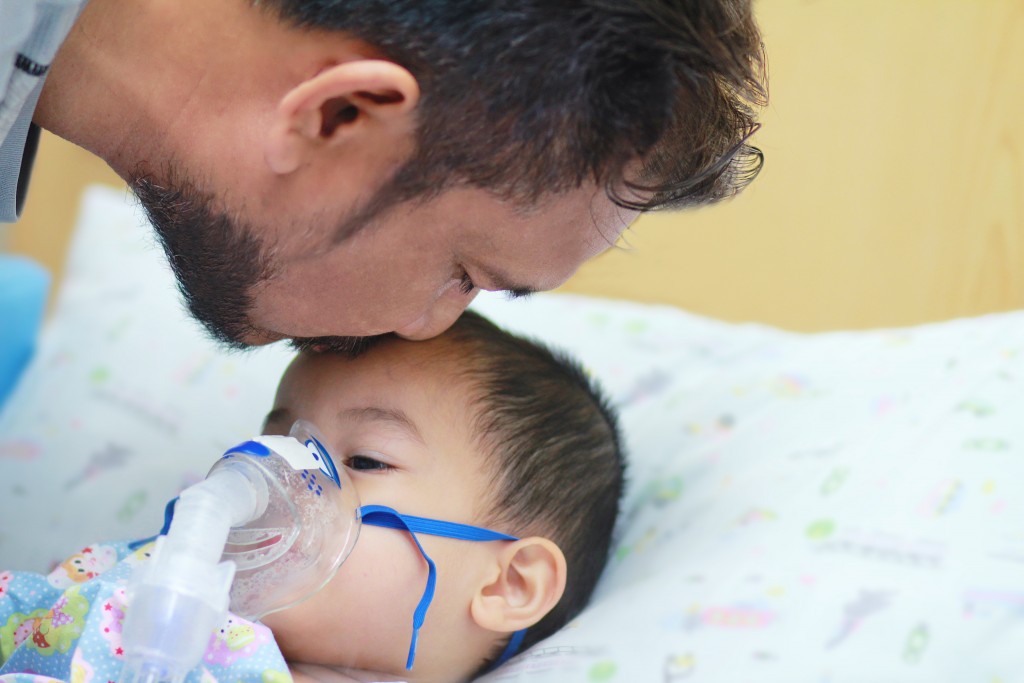When it comes to children and immuno-compromised adults, pneumonia can have serious consequences for the health and is known for being a cause of the majority of deaths in children. Pneumonia is a serious condition that affects millions of individuals around the world every year. Is it even more serious among children, and a good chunk of fatalities is within the younger age group. In fact, the World Health Organization says that pneumonia is a leading cause of death in children worldwide.
The risk factor and exposure to pneumonia will significantly increase if the person afflicted with the condition is within the age spectrum’s extremes; young children and elderly individuals alike are quite vulnerable. However, individuals with weakened immune systems are also especially vulnerable to such a disease.
For now, we’ll be discussing how pneumonia can affect children and what we can do to treat such a condition.
What Makes It Serious?
Pneumonia has always been a pressing condition for centuries, and this is because it can easily cause problems with breathing as it affects the air sacs of the lungs. When these air sacs are filled with fluids like water and pus, it can restrict oxygen flow into the bloodstream.
There’s no one cause of pneumonia, and there are several pathogens that can cause it. Commonly, it is caused by strains of viruses, bacteria, and even fungi. Depending on the strain, it will require different treatments and medications that are tailored towards the pathogen.
Like most respiratory conditions and diseases, pneumonia is contagious and is usually transmitted through droplets transmitted through sneezing and coughing. It can also be contracted when a person touches a surface that’s contaminated right before touching sensitive parts of his face, such as the eyes, mouth, and nose.
One can’t be too careful in ensuring that their children can’t get sick these days, especially with the condition that affects the respiratory system. Although much of the public is well aware of the symptoms of COVID-19, it’s still a challenge for most front liners to confirm if a person is positive or negative with the virus. If a person does exhibit symptoms of pneumonia, they might have to go into quarantine until tests are done to confirm that they don’t have any particularly contagious disease.
Although pneumonia can be treated and won’t pose much of a threat to a healthy individual with a working immune system, it can cause serious problems to those with preexisting conditions such as chronic obstructive pulmonary disease and those that are immuno-compromised.
It’s important to discern the symptoms of pneumonia as it can be easily mistaken for other contagious respiratory diseases. Symptoms include:
- Colds
- Coughing
- High fever
- Muscle pains
- Chills
- Vomiting and nausea
It’s important to note that these symptoms won’t all occur at the same time. There are also varying factors such as age and preexisting conditions that can mask some symptoms or make some even worse.
Preventive Measures in Children

As always, prevention is better than having to pay exorbitant fees on treatment and medication. Here are different ways of preventing your child from contracting such a condition:
- Airborne diseases have a higher likelihood of transmitting in indoor establishments that have poorly maintained ventilation systems. Experts would suggest commissioning the services of duct cleaning services that can help ensure that there are no pathogens circulated in the air while also increasing the air quality.
- Getting vaccinated against flu annually can minimize risk factors. At least once, the child should get a pneumonia shot. Still, it’s important to ask a medical practitioner for help and advice regarding vaccines since some vaccines can guarantee lifetime immunity while others can’t.
- Wash your hands thoroughly and frequently, especially when touching a surface that gets a good amount of interaction from different individuals.
- Drinking lots of water can help flush out toxins while helping out the immune system kill off disease-causing microbes.
- Getting enough sleep can strengthen the immune system.
- Avoid smoking close to your child since this can weaken their respiratory system.
- Stress is known for being weakening the immune system. It’s important to get as much rest as you can.
No matter what the disease may be, teaching your child proper hygiene while giving them much-needed rest can ensure that they will be safe from not just pneumonia but the majority of contagious diseases. Keeping your household clean while vaccinating your children are guaranteed ways of preventing such diseases. If your child does exhibit some symptoms of the flu or pneumonia, seek medical attention immediately.

